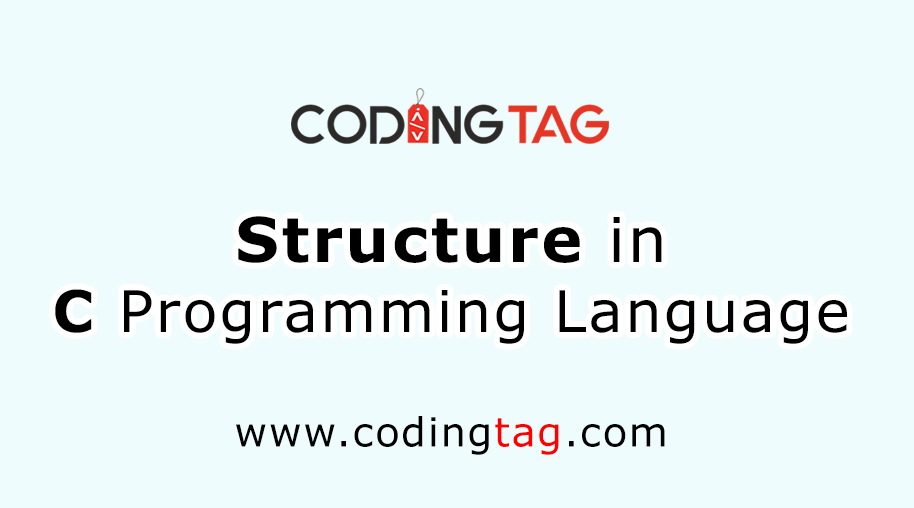#undef in C
0 914
The #undef directive in C removes the definition of a macro that was previously defined.
This directive removes the definition of a macro, allowing you to use the macro name later in the code without conflict.
Syntax of #undef in C
#undef macro_name#undef: this is the preprocessor directive used to undefine a macro. macro_name: This is the name of the macro that you want to undefine. Example:
// Program for #undef in C #include<stdio.h>Output:#define PI 3.14159 // Define PI macro int main() { printf("Value of PI: %f\n", PI); #undef PI // Undefine PI macro #ifdef PI printf("PI is defined.\n"); #else printf("PI is not defined.\n"); #endif return 0; }
Value of PI: 3.141590
PI is not defined.
Uses of #define in C
Avoid Macro Redefinition: If you have defined a macro and later in the code you want to redefine it with a different value or behavior, you can use #undef to undefine the macro first. Conditional Compilation: #undef can be used with conditional compilation directives like #ifdef, #ifndef, #if, #elif, and #endif to control the compilation of specific parts of the code based on whether a macro is defined or not. Macro Management: it helps in managing macros effectively, preventing potential naming conflicts, and ensuring that are used correctly throughout the codebase. Remember, using #undef removes the definition of a macro completely. After #undef, the macro name can be redefined if needed without any issues.
Share:








Comments
Waiting for your comments